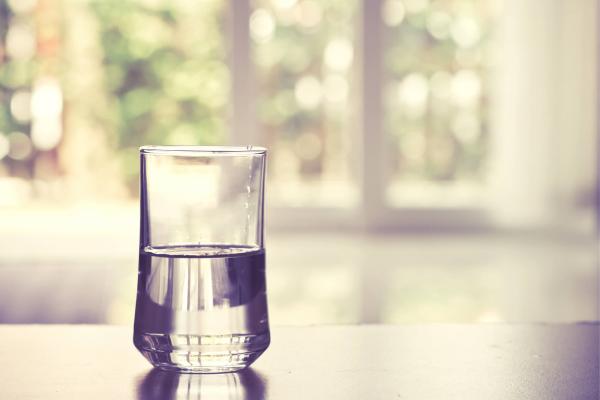Mar 22, 2017
Each of us has one hundred times as many water molecules in our bodies than the sum of all other molecules combined. Today is World Water Day, a good day to reflect on how this symbol that blesses, sanctifies, and purifies in our rituals, but too often, does not do the same in daily life.
Read the Full Article

Already a subscriber? Login
